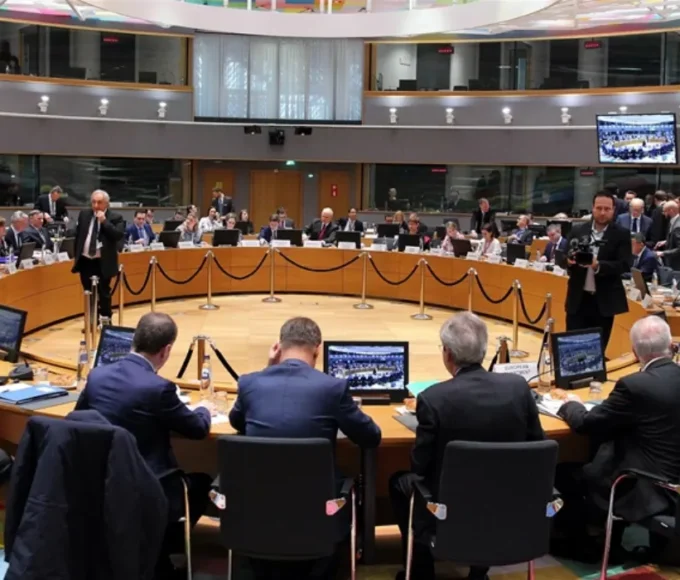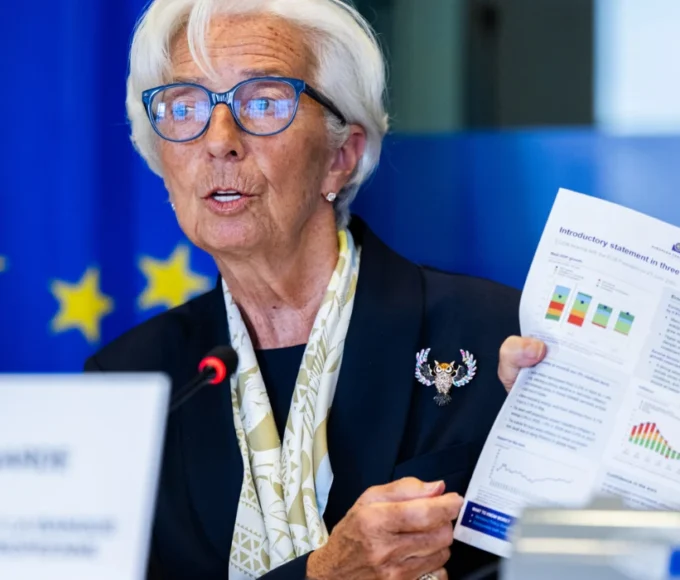In response to the execution of Jamshid Sharmahd, an Iranian-German dissident, the European Union is considering sanctions against Iran. Sharmahd, who had resided in the United States, was executed in Iran on October 28, 2024, after being sentenced to death in February for alleged involvement in a 2008 bombing in Shiraz. The attack reportedly killed 14 people and wounded around 300 others. His execution has drawn significant condemnation from both Germany and the EU, igniting calls for accountability and potential repercussions.
EU Foreign Policy Chief Josep Borrell issued a strong statement following Sharmahd’s execution, condemning it as a violation of human rights. “We share the grief of his family and express our solidarity with the German government, with whom we are in close contact,” Borrell stated on the social platform X. He denounced the execution “in the strongest terms” and emphasized the EU’s longstanding stance against the death penalty, which the union deems a “violation of the right to life and the ultimate denial of human dignity.” Borrell’s comments were echoed by other EU officials who have expressed concerns over Iran’s use of capital punishment against political dissidents.
Sharmahd, who held both Iranian and German citizenship, was arrested under controversial circumstances in 2020. Iranian authorities announced that they had apprehended him in what they described as a “complex operation.” Although they did not disclose specifics regarding the location, timing, or method of his arrest, Sharmahd’s family alleges that Iranian security forces abducted him while he was transiting through Dubai, forcibly bringing him to Iran. His family and supporters claim that he was denied a fair trial, asserting that the process lacked transparency and did not provide adequate opportunities for legal defense.
German Chancellor Olaf Scholz expressed strong disapproval of Iran’s actions, calling the execution “outrageous and unacceptable.” On social media, Scholz condemned the Iranian government for what he described as an unfair trial and emphasized that Sharmahd had been denied the right to defend himself against the charges. Scholz’s response aligns with Germany’s longstanding criticism of Iran’s human rights record, particularly its treatment of dual nationals and dissidents. When the initial death sentence was announced in 2023, German officials described it as “absolutely unacceptable” and expressed concern over the fairness of the trial proceedings.
Sharmahd’s family has been vocal in demanding justice. On October 29, Gazelle Sharmahd, his daughter, took to social media, calling for an investigation into her father’s execution. She urged the German and U.S. governments to verify details and, if confirmed, requested that her father’s body be returned to his family. Gazelle Sharmahd has also called for “severe punishment” against those responsible, urging international pressure on what she referred to as Iran’s “Islamic regime.” Her statements have attracted significant attention, with human rights organizations voicing support and underscoring concerns about Iran’s treatment of political detainees.
Iran has faced increasing criticism over its judicial practices, particularly its use of the death penalty for dissidents, journalists, and activists. Human rights groups have condemned what they describe as systemic abuses in Iran’s legal system, including limited access to fair trials and frequent use of forced confessions. Many fear that Sharmahd’s execution signals a further crackdown on dissent, particularly against Iranian nationals who have affiliations with Western countries.
In light of Sharmahd’s execution, the EU is reportedly reviewing potential measures against Iran. While specific actions have not been confirmed, experts suggest that sanctions or diplomatic pressure are likely. The EU has imposed sanctions on Iran in the past, particularly in response to human rights abuses and concerns over nuclear activity. Borrell’s statement suggests that the EU remains committed to opposing capital punishment globally, especially when used against political dissidents.
This incident has further strained relations between Iran and Germany. Scholz’s condemnation reflects broader concerns within the EU regarding Iran’s human rights record, with officials increasingly vocal about Tehran’s treatment of dual nationals. The EU’s response to Sharmahd’s execution could set a precedent for how the union addresses human rights violations in Iran moving forward.
As European leaders weigh their next steps, the international community closely watches how the EU and Germany will respond to this high-profile execution. The case has amplified calls for reform in Iran’s legal system, with human rights organizations urging governments worldwide to hold Iran accountable for its actions. Sharmahd’s execution has highlighted the risks faced by dissidents, especially those with dual nationality, in a nation known for strict punitive measures against opposition figures.
This article is originally published on francetvinfo.fr








